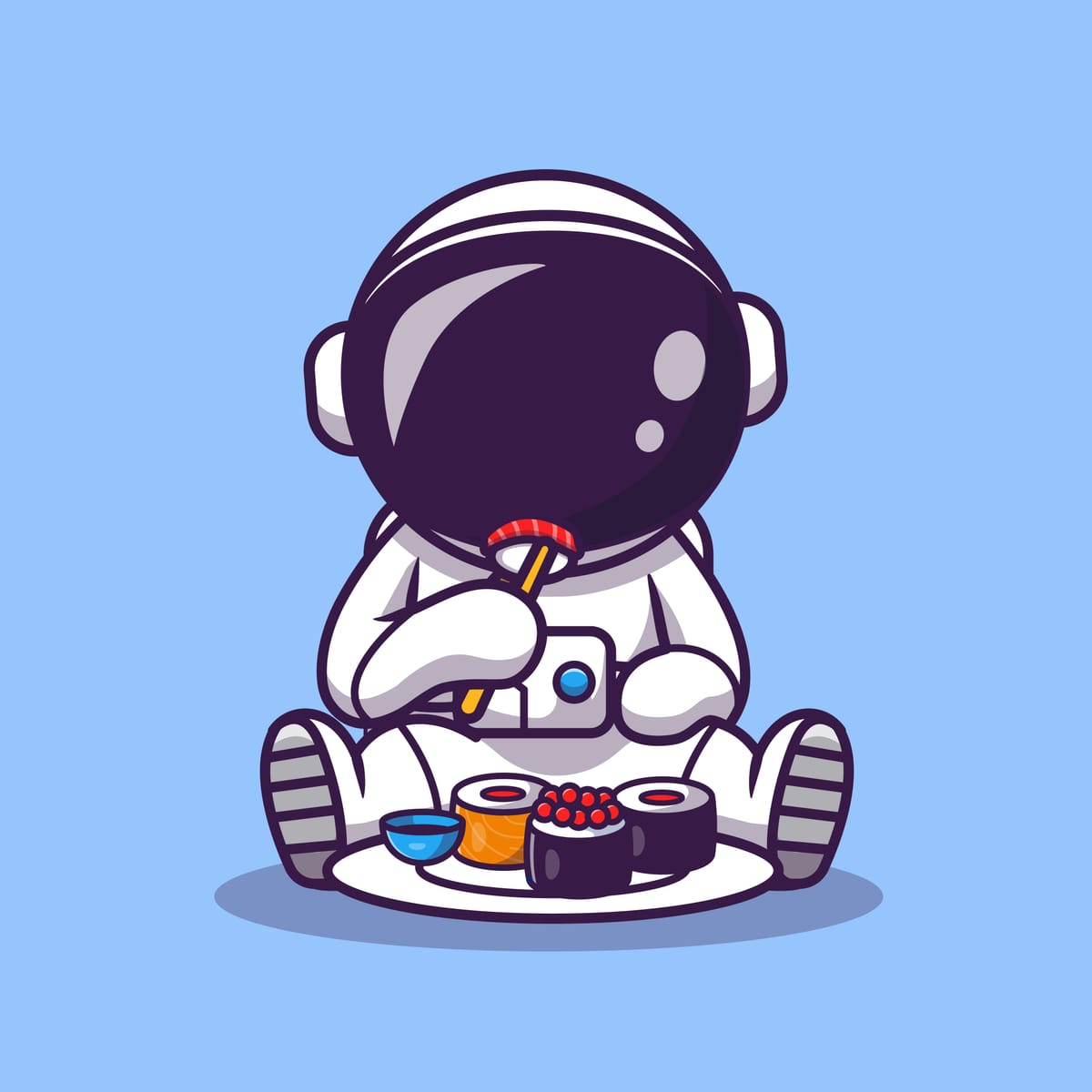2024.00 Learning Japanese

As a side project, I'm going to try learning another language this year. And because I wanted to make this as difficult on myself as possible, I decided to try Japanese 🤦.
According to the U.S. Department of State Foreign Service Institute, Japanese is one of only two Category IV Languages, the hardest language category, taking the longest to learn.
Why would I do this to myself, knowing I don't have hours a week to spend learning a new language? Because sometimes I do stupid things purely for the sake of following my interests.
I could have stuck with my tried and true, go-to language, Spanish, but that just doesn't sound exciting to me right now. And while I'm sure I'll continue to develop and practice my atrocious Spanish skills (because this is Texas 🤠, it helps to have some awareness of the language), I'm more interested in exploring something completely novel.
but still why japanese of all languages??
For some reason, I'm really interested in the idea of learning a language that uses.... ugh, hold on one second...
ChatGPT: The characters used in Asian languages, such as Chinese, Japanese, and Korean, are commonly referred to as logographic or logogram characters. These characters are unique symbols that represent words or morphemes. Each character often carries a specific meaning, and the combination of characters forms words and sentences.
It's important to note that the term "alphabet" typically refers to a set of letters representing the sounds of a language (like the Roman alphabet used in English). The logographic characters used in Asian languages, on the other hand, represent morphemes or words rather than individual sounds.
....annnnd now for some fact checking.... yup, looks correct.
Ok, so back to what I was saying, I'm really intrigued by the idea of learning a language that uses a logographic writing system. Why? No good reason, I just think its cool 🙂, which is pretty much the only reason I need to pick up a hobby or try something new.
Initially I thought I'd try Chinese since its the most spoken language in the world. But after a trial run in Duolingo, I decided it wasn't for me.
Ok, so now you're probably thinking I'm really crazy. Japanese uses the same Hanzi/Kanji characters (though with different pronunciations and meanings), so if I didn't like Chinese then why do I think I will like Japanese? The answer is simple to me: motivation.
After exploring the Chinese language for 6 weeks, I discovered that while I enjoyed studying the language, I didn't have a particular interest in learning more about China or its culture. It's not on my bucket list to visit one day. I don't consume a lot of media content from China. Really, my only connection with China is the infinite number of products I use with the small "Made in China" printed on the bottom. This is just where I am at right now, maybe that will change one day.
Now, Japanese is a different story.
Japan is a place I'd love to travel to one day (and maybe even race there). I do consume Anime and Manga originating from Japan. And I have more natural interest in learning about the country and culture.
so Japanese it is!
The exploration I did of the Chinese language on Duolingo was more informative than I could have hoped. I learned a few things through that trial run:
- I'm not interested in learning Chinese right now
- I am capable of learning Hanzi (Kanji)
- I understand what motivates me to learn
- I learned what didn't work for me in learning logogram and syllabary characters
We've hit on the first three already but let me elaborate a bit more on the fourth takeaway there. What didn't work for me.
What didn't work for me was Duolingo's approach to teaching (no shockers here from anyone who's been really serious about language study). But this is the first time I really felt it, and I think it took learning a language so far removed from my own to show how it doesn't work well for teaching me new things.
What I determined was that before learning any vocabulary, I first need to learn the alphabets, for Japanese that means learning the Hiragana and Katakana before diving into Kanji and basic vocab. And when learning the alphabets, my brain builds the strongest connections when physically writing the characters on paper.
So am I turning my nose up at Duolingo and abandoning it altogether? No. I am a weak and easily manipulated person who loves the endorphin hit that Duolingo gives me 😅. I plan to use Duolingo throughout my learning journey to supplement what I'm learning and to keep me practicing even on the days when I don't feel like it (gotta keep that streak goal alive 💪).
Ok, wow, this is getting lengthy, let's wrap things up.
In summary:
- I'm going to try to learn some Japanese this year
- I'm going to try and document some of my learnings and study habits here on the blog
- I'm not going to hold myself too tightly to either of these goals for fear of choking the life from them 😉
In the vein of #2 you can find my notes from my first week of study here.
Alright, that's it. Operation "Learn Japanese" is officially a go! 🚀
